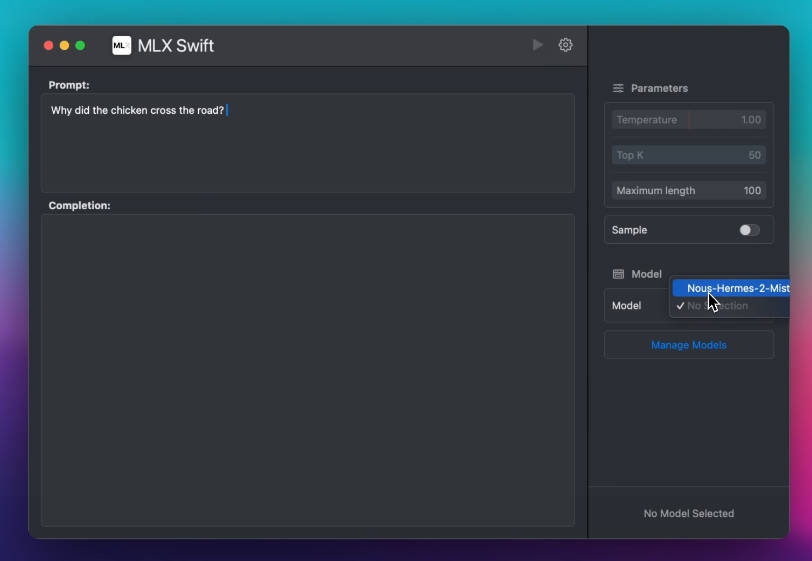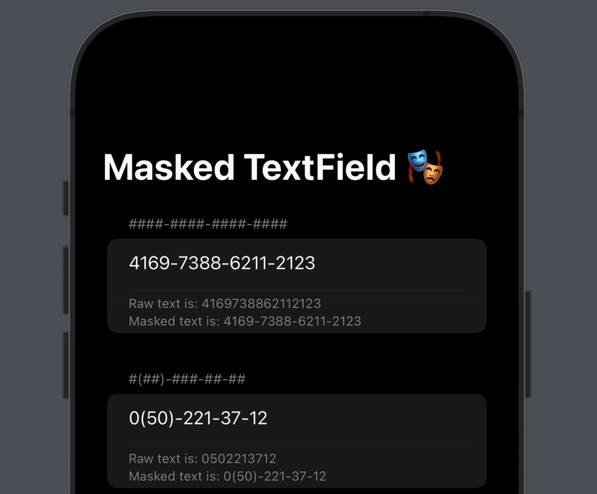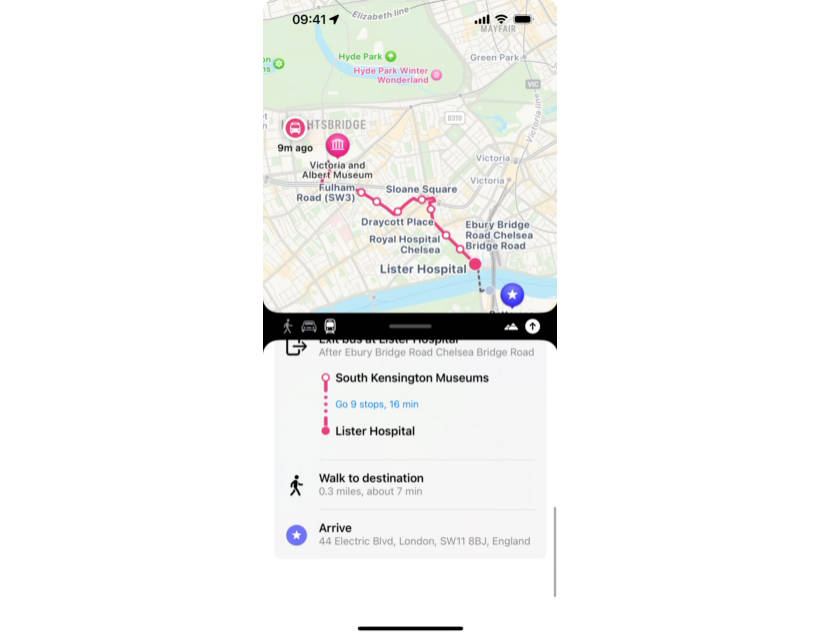DeepLink App in SwiftUI
This app is a showcase of how we can develop an app using SwiftUI which supports DeepLinks.
Requirements
- The app must support DeepLinks
- DeepLinks can be deeply nested
- Features must be developed in isolation
- Types should not leak outside their boundaries
- There is a single CompositionRoot, the App (It can be split in multiple composers, of course)
- Stretch – Should not use AnyView.
Structure
The app has a main TabBar with two tabs: Products and Settings/Profile. The Products tab contains a list of products: tapping on a product loads its description.
The tabs can be opened using deep links. The DL scheme is dla://.
The app has two entry points:
DLAAppWithAnyType– which drops the last requirement and let us create a TabBar with a dynamic number of tabs.DLAAppWithNoTypeErasure– which sacrifices the possibility to dynamically specify the tabs to drop the type erasure.
If we accept that the CompositionRoot directly allocates all the tabs, we can avoid the usage of AnyView.
Supported DeepLinks
When using DLAAppWithAnyType:
dla://Products?id=<int>: it loads the product withproductId == <int>dla://Settings: it loads the settings tab
When using DLAAppWithNoTypeErasure:
dla://Products?id=<int>: it loads the product withproductId == <int>dla://Profile: it loads the profile tab
Caveats:
- The code is pretty Raw. I had a little time to create this POC, therefore the code is raw and could be greatly improved.
- When using the
NavigationLinkwith thetag:selection:constructor within aList, the cell with the righttagmust be loaded in order to consume the DeepLink properly. For example, if we open the app withdla://Products?id=30the product description won’t be loaded immediately because when loaded, we will only see products from0to13(more or less) and a few other cells are preloaded, but the app is not aware of a cell with that id. We need to scroll until the cell is loaded to actually navigate. There are ways to overcome this (different parsing logic, different product loading logic, scrolling to the estimated position of the list, …) but they are out of the scope of this POC.


